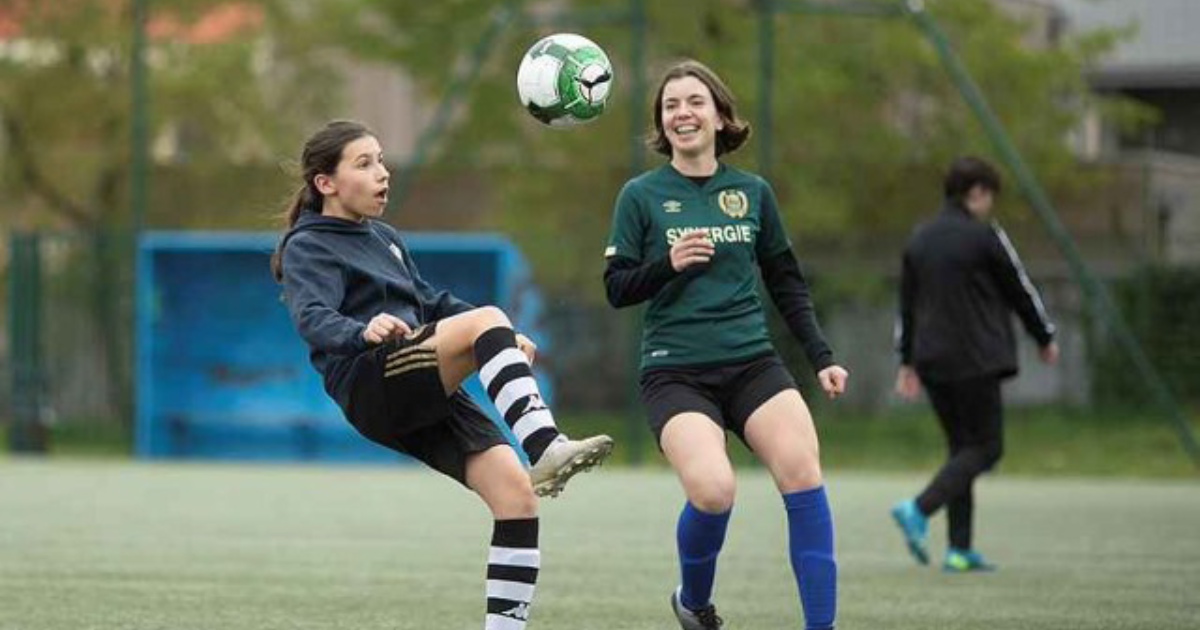Sudden deaths that shook football 1:40
(CNN Spanish) -
The world of football was shocked after Christian Eriksen, of the Denmark national team, suffered a collapse on the pitch during his team's first match at Euro 2020 against Finland.
Eriksen fell to the ground during a throw-in, shortly before the end of the first half, he was treated by doctors who revived him and took him to a hospital, where he is recovering.
"Gone": Danish doctor recounts collapse of Christian Eriksen
Eriksen was lucky, as was Fabrice Muamba in 2012, when he suffered a cardiac arrest during Bolton's FA Cup match against Tottenham.
Muamba eventually recovered, but had to interrupt his career as a footballer.
However, the Eriksen incident recalled other cases in which footballers died after collapsing in the middle of games.
Like Partick Ekeng in the Romanian league.
The Cameroonian collapsed after seven minutes on the field.
Or his compatriot Marc-Vivien Foe in 2003, the Romanian Catalin Hildan (2000), the Hungarian Miklos Feher (2004), the Spanish Antonio Puerta (2007) and the Italian Piermario Morosini (2012).
Some of those footballers suffered from Sudden Death Syndrome, a general term for a series of conditions that cause cardiac arrest in young people.
advertising
The characteristics that lead to these cases are much more fatal when combined with intense physical exercise.
It is an often hereditary condition and, as Dr. Sanjay Sharma from the European Society of Sports Cardiology (ESSC) explains "only 20% have visible symptoms, for the other 80% the first symptom is death."
Efforts to detect risks for footballers 2:10
Is it possible to prevent footballers from collapsing and dying?
"Vigorous sports practice can unmask an underlying, undiagnosed condition," says physician Hilary Jones, an expert from England.
“So when we see someone who has a subarachnoid hemorrhage, a sudden stroke on the pitch, we are shocked.
If someone has a cardiac arrest, we are very surprised.
These events are not common, especially among athletes, but they are not rare either. "
Jones says that, in the UK, 12 young people under 35 years of age die each week from undiagnosed heart conditions;
but only one in 45,000 athletes will suffer such a death.
UEFA: Christian Eriksen stabilized 0:58
Is there no evidence to prevent this from happening?
Yes, but they differ from country to country, says cardiologist Chandan Devireddy, who resides in the United States.
"Screening tests are very controversial in the medical community as to what kinds of tests should be done, when they should be done, how to do them," says Devireddy, who works at Emory University Hospital.
The Premier League, for example, says that all players aged 16 or 18 in its member clubs “must undergo a cardiological examination / examination” and then have follow-ups “as early in their careers as possible, and accordingly. again if the annual medical tests show results that deserve a closer examination ”.
Do cardiac evaluations guarantee that these conditions are discovered?
"With EKG testing, this sometimes goes undetected," says Devireddy.
"With the hypertrophic cardiomyopathy that we are discussing, about 70% of the time the first incidence is diagnosed is with an episode of sudden cardiac death."
Jones says athletes should have electrocardiograms (which interpret electrical activity) and echocardiograms (which use ultrasound techniques to create images of the heart).
"There was a screening program that was very effective in Italy, for example, where all young professional athletes were screened," he says.
“They were detecting quite a large number of abnormalities and, in fact, they were able to reduce their mortality rate by 90%.
Could the same thing happen to me?
Devireddy agreed that sports stars must be able to cope with the physical rigors of their profession.
"Athletes of this level, these gentlemen train to compete day by day," he says.
“Of course, if they are pushing themselves beyond human limits in terms of how well hydrated they are and how well their electrolyte balances are doing, that can predispose even the most competitive athletes to abnormal heart rhythms. already putting pressure on the heart muscle, but from experience in previous histories and previous cases, this probably has an underlying cause ”.
With information from CNN
Sudden death









